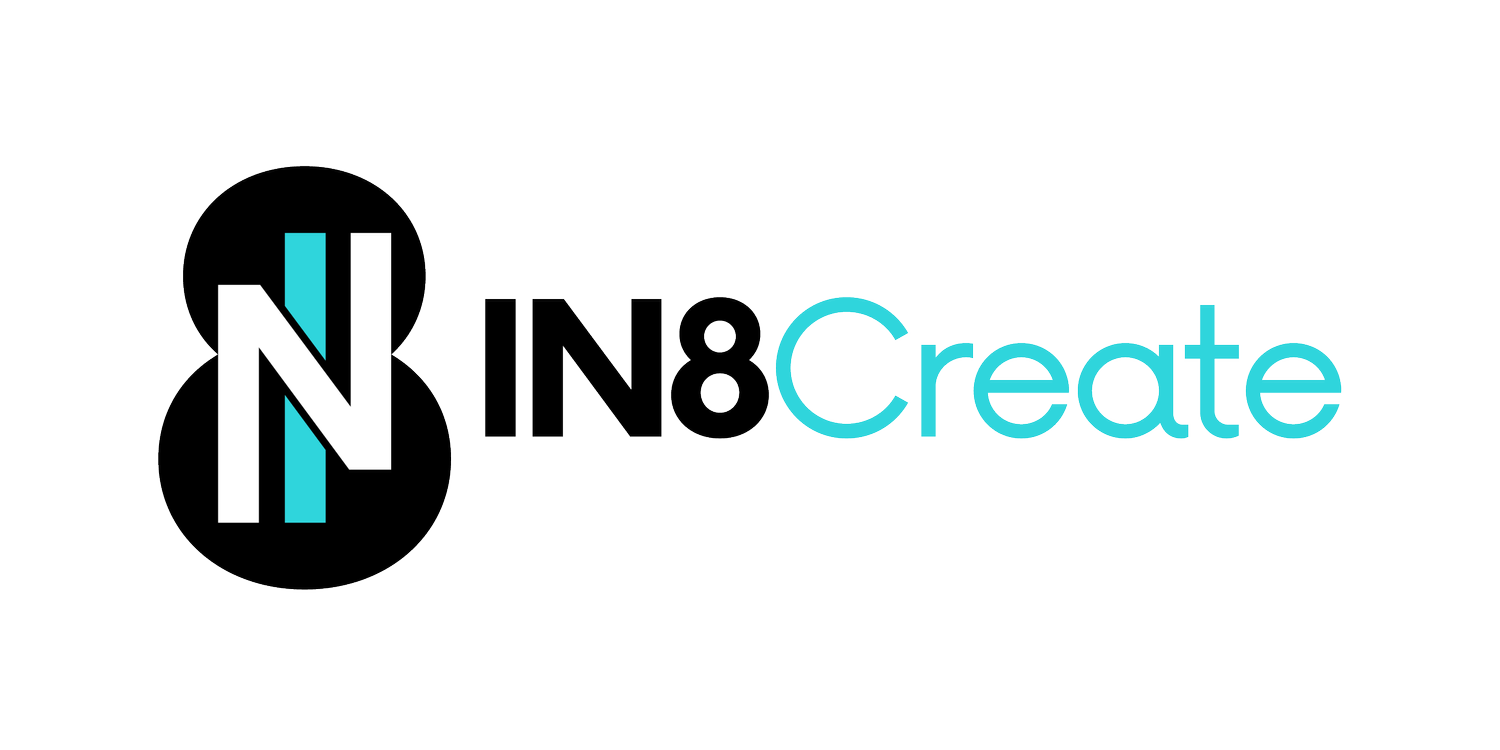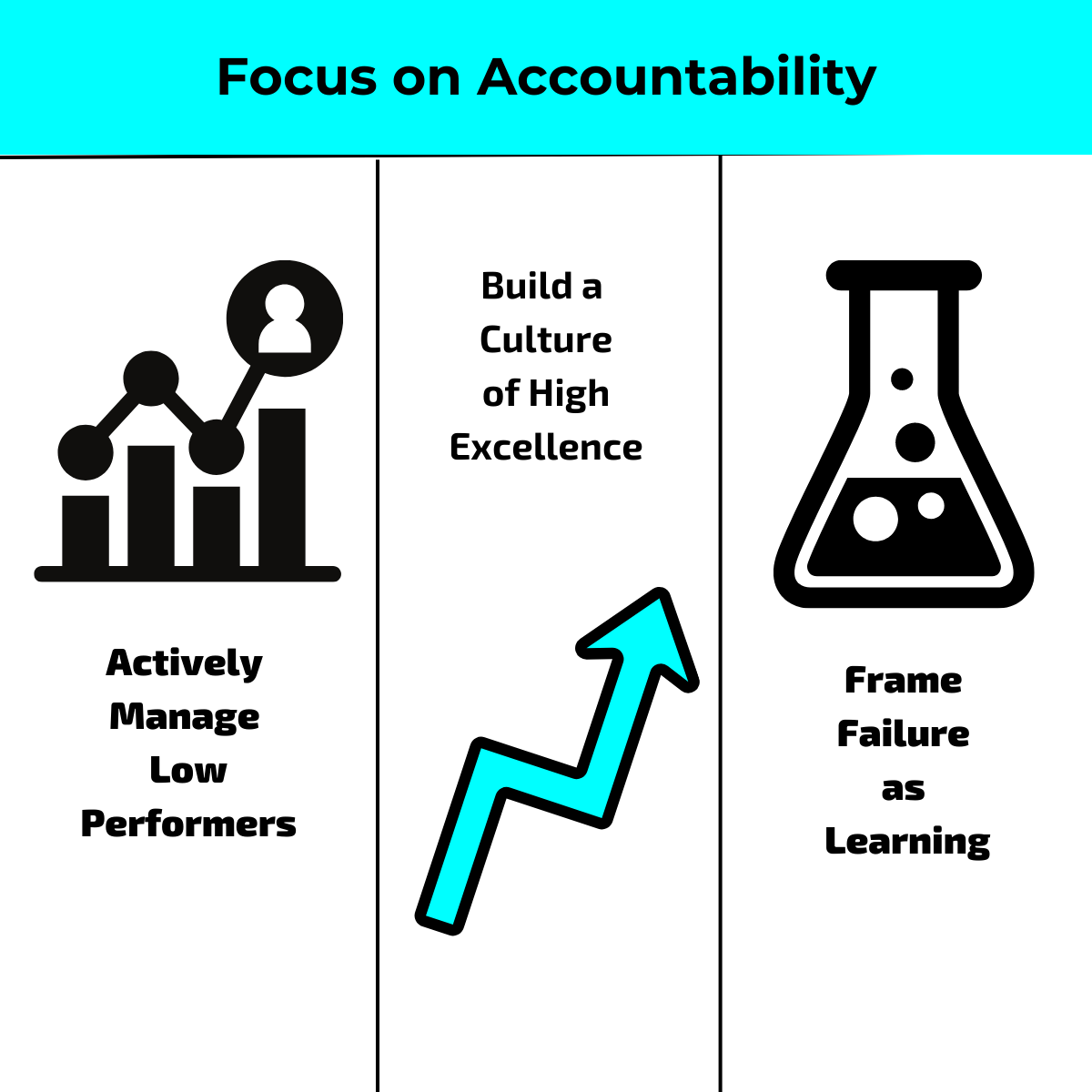Ways to Boost Employee Morale : Focus on Accountability
Focus on Accountability: The Backbone of a Thriving Organization
In an era of rapid business evolution and change, accountability emerges not merely as a task-oriented metric but as the heart and soul of a vibrant organization. It's a multifaceted discipline that encompasses proactive management, a culture of excellence, and an embrace of growth through learning.
1. Actively Manage Low Performers:
Low performance in a team can be a symptom of various underlying challenges. Addressing these challenges is not about penalizing the individual but about unlocking their potential. It’s also about setting a precedent for the team. High performers don’t want to work in environments where low performance is acceptable.
Open Dialogue: Begin by fostering a space for honest conversation. Sit with the team member and try to understand the barriers they're facing. Are they dealing with personal issues? Is there a mismatch in role expectation? Their insights can offer valuable perspective on the broader work environment.
Tailored Training: Not everyone has the same set of skills or learns in the same manner. By designing or recommending training that caters specifically to individual needs, organizations can elevate their team members’ performance. Skills can be taught. If skills aren’t the issue, attitude and behavior become the culprit.
Re-Evaluate Roles: Sometimes, an underperforming employee might just be a fish out of water. Realignment of roles based on strengths and interests can turn a struggling team member into an invaluable asset.
2. Build a Culture of High Expectations:
High expectations, when set judiciously, can drive a team to unparalleled success. The saying “Shoot for the moon, wind up amongst the stars” represents this thought process. Think high, achieve high.
Clear Communication: Every individual in the organization, from the newest hire to the seasoned veteran, should have a crystal-clear understanding of what is expected of them. Regular town halls, one-on-one meetings, and open forums can serve as platforms to reinforce and clarify these expectations. Feedback falls into this area as well. An environment where feedback flows freely, both upwards and downwards, ensures that everyone remains aligned with the organization's goals and can pivot quickly if they stray off course.
Empower with Resources: It's not enough to demand excellence; organizations must also provide the tools for success. This could be in the form of cutting-edge software, regular training workshops (With LEGO bricks perhaps…), or even mental health resources to ensure overall well-being.
Reward Behavior and Results: If you read about the OKR system (Objectives and Key Results) that many companies have adopted, the recommendation is to shoot so high that people SHOULD be missing some goals. Here the outcomes are rewarded, but the behavior is as well. Effort matters.
3. Recognize Failure as Learning:
Every organization will experience failure and it’s how failure is viewed and embraced that will determine how people react moving forward.
Foster Open Discussions: By creating a culture where team members can candidly discuss their missteps, organizations turn potential pitfalls into collaborative learning sessions. Such an approach ensures that mistakes aren't repeated and that collective wisdom grows.
Celebrate the Process: Too often, we're fixated on outcomes. But innovation and progress are rooted in the process, in the trying. Celebrate the bold attempts, the new strategies, and the daring innovations—even if they don't always hit the mark.
Adaptive Strategy: Instead of sweeping failures under the rug, use them. Dive into what went wrong and adjust strategies accordingly. This ensures that the organization remains agile, always ready to adapt to new challenges.
Accountability, when approached with empathy, clarity, and a forward-looking mindset, transforms from a mere buzzword to a dynamic force. It paves the way for organizations to not just achieve their goals but to continually evolve, innovate, and thrive in an ever-changing business landscape.



